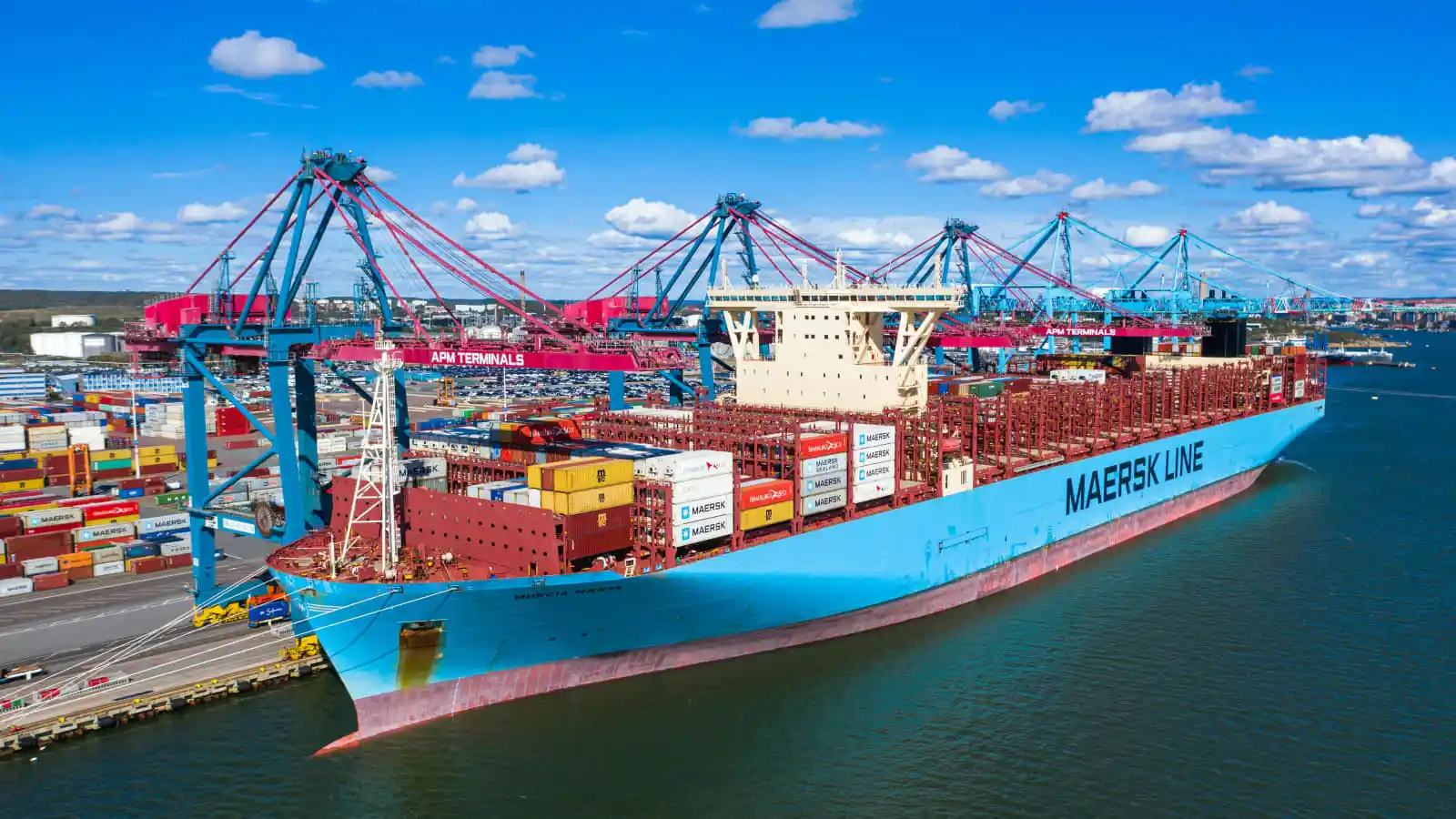
Sustainable Shipping Practices: Green Initiatives in Ocean Freight
In today’s world, where environmental concerns are at the forefront of global discussions, sustainable shipping practices have become crucial for the maritime industry. Green initiatives in sea freight are paving the way for a more environmentally friendly and responsible approach to shipping goods across the world. This article will explore the various sustainable shipping practices and green initiatives that are being implemented in the sea freight industry, highlighting their significance and benefits.
Sustainable Shipping Practices: An Overview
In recent years, sustainable shipping practices have gained significant attention in the maritime industry. These practices aim to minimize the negative environmental impact of sea freight operations while maintaining efficiency and profitability. Sustainable shipping practices encompass a wide range of strategies and technologies that promote environmental responsibility and reduce carbon emissions.
Green Initiatives in Sea Freight
The adoption of green initiatives in sea freight is essential for the long-term sustainability of the shipping industry. These initiatives focus on reducing greenhouse gas emissions, improving energy efficiency, and minimizing the ecological footprint of shipping operations. By embracing green initiatives, shipping companies can contribute to the global efforts in mitigating climate change and preserving marine ecosystems.
Renewable Energy Sources in Shipping
One of the key components of sustainable shipping practices is the utilization of renewable energy sources. Renewable energy technologies, such as solar, wind, and wave power, offer clean and sustainable alternatives to traditional fossil fuel-based propulsion systems. These technologies can be integrated into ships to generate electricity and power propulsion systems, significantly reducing greenhouse gas emissions.
Alternative Fuels for Ocean Freight
The search for alternative fuels is another important aspect of sustainable shipping practices. Traditional marine fuels, such as heavy fuel oil, contribute to air pollution and greenhouse gas emissions. The development and adoption of cleaner fuels, including liquefied natural gas (LNG), biofuels, and hydrogen, present viable alternatives that have lower carbon footprints. Switching to these fuels can lead to substantial reductions in emissions and improve air quality in port cities.
Advancements in Ship Design and Efficiency
The design and efficiency of ships play a crucial role in sustainable shipping practices. Innovations in ship design, such as optimized hull shapes, air lubrication systems, and advanced propulsion systems, contribute to improved fuel efficiency and reduced emissions.
Eco-friendly Packaging Solutions
Sustainable shipping practices extend beyond the ships themselves. Eco-friendly packaging solutions have gained prominence as a means to reduce waste and environmental impact. Using biodegradable or recyclable packaging materials and optimizing packaging designs can significantly minimize the ecological footprint associated with shipping goods.
Efficient Cargo Consolidation and Routing
Efficient cargo consolidation and routing strategies can lead to significant reductions in emissions and fuel consumption. By optimizing the utilization of cargo space and implementing intelligent routing algorithms, shipping companies can minimize the number of vessels required and the distance traveled, resulting in a more sustainable and cost-effective operation.
Port Optimization for Reduced Emissions
Ports play a crucial role in sustainable shipping. Port optimization measures, such as shore power facilities, efficient cargo handling systems, and streamlined logistics operations, contribute to reducing emissions and improving air quality in port areas. These initiatives enable ships to connect to onshore power grids, eliminating the need to run auxiliary engines and reducing air pollution.
Collaboration and Industry Partnerships
Sustainable shipping require collaboration and partnerships among various stakeholders in the maritime industry. Collaboration between shipping companies, port authorities, government entities, and environmental organizations can lead to the development and implementation of effective green initiatives. By working together, these entities can share best practices, exchange knowledge, and drive the adoption of sustainable shipping practices on a larger scale.
Impact of Sustainable Shipping on the Environment
The adoption of sustainable shipping has a positive impact on the environment. By reducing carbon emissions and minimizing pollution, these practices contribute to the preservation of marine ecosystems, the improvement of air quality, and the mitigation of climate change. Embracing sustainable shipping practices is crucial for protecting the environment and ensuring a sustainable future for generations to come.
Sustainable Shipping Practices: A Global Perspective
Sustainable shipping practices have gained momentum worldwide, driven by global environmental concerns and regulatory frameworks. International agreements, such as the International Maritime Organization’s (IMO) regulations, set standards and guidelines for reducing emissions and improving energy efficiency in the shipping industry. These regulations encourage the adoption of sustainable practices and foster a global perspective on green initiatives in ocean freight.
Challenges and Solutions for Sustainable Shipping
While the adoption of sustainable shipping practices is crucial, it does come with challenges. Some of the challenges include the high initial investment costs, limited availability of alternative fuels and infrastructure, and regulatory complexities. However, these challenges can be overcome through innovation, collaboration, and supportive policies. By investing in research and development, fostering partnerships, and streamlining regulatory frameworks, the maritime industry can address these challenges and drive the widespread adoption of sustainable shipping practices.
The Future of Green Initiatives in Sea Freight
The future of green initiatives in sea freight looks promising. As technology continues to advance, new sustainable solutions will emerge, enabling even greater reductions in emissions and environmental impact. The integration of artificial intelligence, automation, and data analytics into shipping operations will further optimize efficiency and support sustainable practices. The continuous evolution of green initiatives will shape the future of the maritime industry, leading to a more sustainable and environmentally responsible shipping sector.
FAQs
Q: What are some renewable energy sources used in shipping?
A: Renewable energy sources used in shipping include solar power, wind power, and wave power, which offer clean alternatives to traditional fossil fuel-based propulsion systems.
Q: How do eco-friendly packaging solutions benefit sustainable shipping?
A: Eco-friendly packaging solutions help reduce waste and environmental impact by using biodegradable or recyclable materials and optimizing packaging designs.
Q: What is the future of green initiatives in ocean freight?
A: The future of green initiatives in ocean freight is promising, with advancing technology, emerging sustainable solutions, and the integration of artificial intelligence and automation driving greater efficiency and environmental responsibility.
Conclusion
Sustainable shipping practices and green initiatives in sea freight are of paramount importance in today’s world. By embracing renewable energy sources, alternative fuels, efficient ship design, and eco-friendly packaging solutions, the shipping industry can contribute to environmental conservation and mitigate climate change. Collaboration, knowledge sharing, and innovation are vital for driving the widespread adoption of sustainable shipping practices. The future holds great potential for further advancements in green initiatives, paving the way for a more sustainable and responsible shipping sector.






